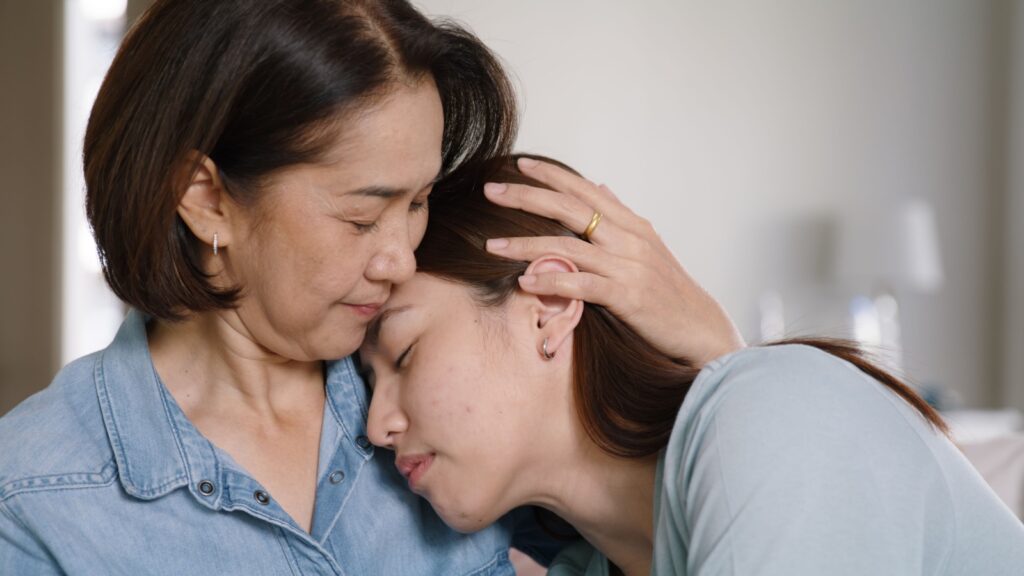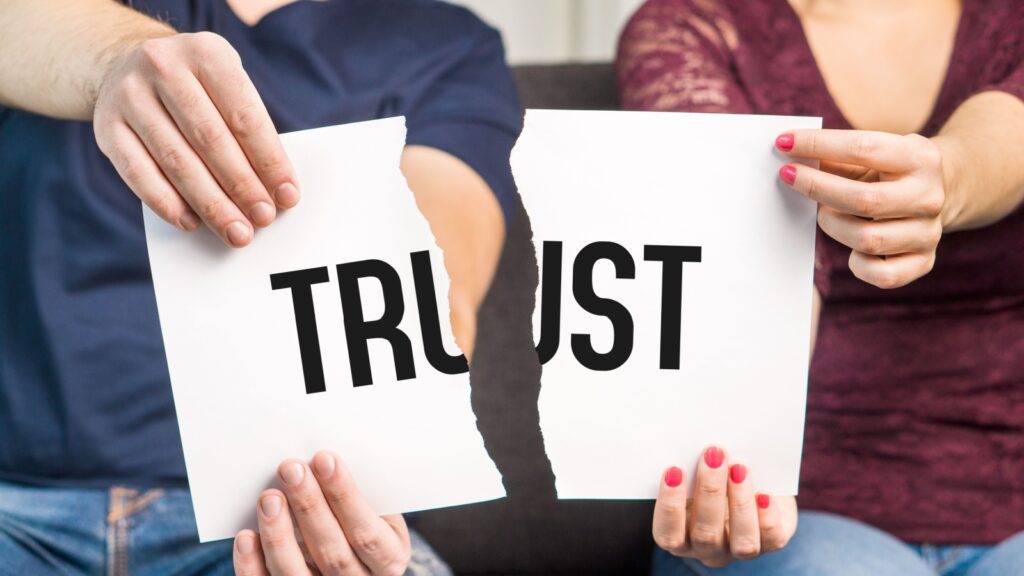Every family has that one person who holds it all together. The default planner. The peacemaker. The emotional load carrier. The one who remembers birthdays, smooths over drama, and always answers the phone – even when they’re barely holding it together themselves. If you always seem to be the go-to unofficial therapist, secretary, and emotional support system all rolled into one… you could very well be the glue.
Everyone Calls You First When Something Goes Wrong

Drama, death, debt, or “just a quick question” — your phone rings. Always. Lost keys? Relationship problems? Doesn’t matter if you’re sick, sleeping, or in the midst of a breakdown — you are the family emergency contact. Even emotionally.
You Remember Everyone’s Birthdays

If you hadn’t planned it, there’d be no cake. No card. Just muffled silence and a Facebook notification. You always make it special — and they expect that from you now. But who would remember your birthday without a nudge? Hmm.
You’re the One Who “Mediates” Every Family Fight

You are the therapist in your family when your siblings yell across group chats. You have to translate anger into understanding, like human Google Translate. It’s unpaid, emotionally draining labor — and yet, nobody thanks you for that.
You Keep the Group Chat Alive

Without you? Radio silence. You’re the one dropping memes, starting convos, checking in, and planning dinner. They reply with a 👍 — but if you were to abruptly cut off texting, the group chat would flatline like a 2005 MySpace account.
You Know Everyone’s Allergies, Preferences & Baggage

You’re a human encyclopedia of who can’t have gluten, who’s really not speaking to whom, and who still hasn’t forgiven Aunt Linda for 2003. You walk around emotional landmines and dietary requirements with ease.
You Feel Responsible for Everyone’s Emotions

When the person you care about is upset, you feel it too, like it belongs to you. You shift your energy to keep things peaceful, even if you’re the one who needs to be comforted. You absorb tension like a sponge—because if you break, who will hold it together?
You Downplay Your Problems Because “They Have It Worse”

You maintain your struggles to a minimum so you don’t add to anyone’s burden. You listen, you reassure, and you cheer people on—but when it is your time to lose it? You smile and say, “I’m fine.” You’ve even convinced yourself that your default setting is being strong.
You’re Always the One Apologizing First

You apologize even if you know you’re correct, to defuse the situation. Not because you’re not strong, but because you value being peaceful more than you do ego. But at a deep level, you’re tired of always being the one who has to “be the bigger person.”
You Remember the Stories No One Else Does

Who wed whom and where? When did Grandpa retire? You’re the family historian—someone has to be. You remember the moments that count, the in-jokes, and the wounds that never heal.
You’ve Been Called “The Strong One”

Everyone admires your strength, mostly because it pays off for them. They depend on you, complain to you, and rely on you. But when you’re the “strong one,” no one checks in on you. Because you always “seem fine,” right?
You Handle the Awkward Conversations

You’re the person who handles the elephant in the room. You nudge other people to apologise. You calm down that one uncle no one wants to deal with. Essentially, you’re the family PR person — voluntarily and on a take-for-granted basis.
You Say “Let Me Know If You Need Anything”—And You Mean It

It’s not just something you say to look good. When someone actually requests it, you go. You are there for them. You drive them to appointments, mail them care packages, and Venmo them lunch. You’re not just emotionally available—you’re available logistically too.
You Cancel Your Plans So Someone Else Can Have a Crisis

You had a night of self-care scheduled. Then your mum called. Or your cousin wanted advice. Or your brother or sister had a meltdown. Suddenly, your evening is spent sorting out things that weren’t your issue — but somehow became yours.
You Play Peacekeeper Between Generations

Mum vs daughter. Grandma vs the new generation of parenting. You’re the interpreter, the shock absorber, the go-between. You keep everyone from storming out of Sunday dinner — even if that means swallowing your own emotions just to maintain harmony.
You’re the Default Host for Every Family Thing

Family BBQ? In your home. Random Tuesday night dinner? Also in your home. It seems like your place is family HQ — whether you approve or not. Bonus points if no one stays to help clean up the mess afterward.
You Worry About the Ones Who Don’t Check In

You catch the sense of when something feels off—when a person has stopped being warm, chill, or withdrawn. You sense the rhythms, the gaps, the undertow. And even if no one else speaks up, you will. Because you care. Always.
You Celebrate Everyone’s Wins Like They’re Your Own

When a family member succeeds—gets promoted, hits a milestone—you’re the loudest cheerleader in the room. You’re cheering them with coach-like pride, therapist-level enthusiasm, and best friend behavior all mixed into one. Even when nobody else is cheering for you, you still keep clapping for them.
Everyone Shows Up for You – Only When You’re at Breaking Point

You keep it all together so well that when you do lose your grip, everyone is frightened. That is when they realize, “Wow, you’ve been doing a lot.” You are thankful… but also wish that someone had noticed before you had a meltdown.
You Love Them… But You’re Tired

You don’t resent them (most days). You love your family. You want to be there. But sometimes, silently, you wish someone else could be the glue for once — just so you could exhale without guilt.
18 Habits That Slowly Break Trust

By the time someone finally snaps? The damage has already been done. These 18 habits don’t look like betrayals at first, but give them time… and they’ll turn any bond into a battlefield. If you’re doing these, don’t be shocked when someone stops believing your “I swear this time.”
18 Habits That Slowly Break Trust
18 Things You Should Start Doing for Yourself — Not for Others

Always performing, pleasing, or pretending. But at some point (like now), you’ve gotta snatch your life back. Not everything has to be Instagrammable or family-approved. Here’s your unapologetic permission slip: these 18 things? Start doing them for YOU.
18 Things You Should Start Doing for Yourself — Not for Others

